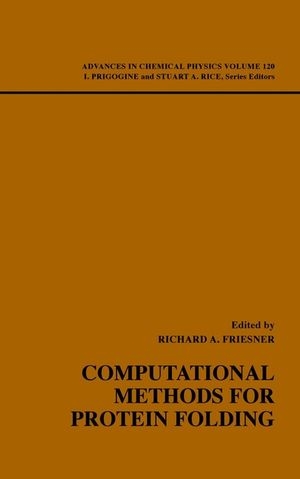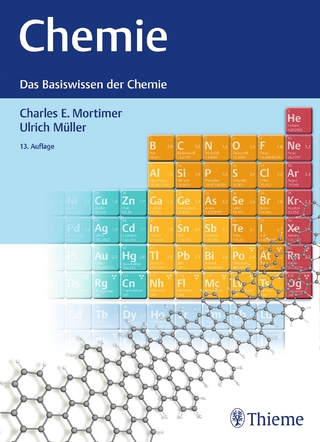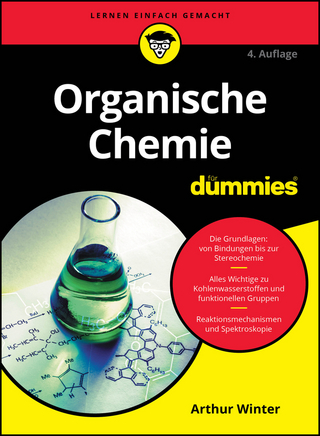
Computational Methods for Protein Folding, Volume 120
Wiley-Interscience (Verlag)
978-0-471-20955-3 (ISBN)
- Titel z.Zt. nicht lieferbar
- Versandkostenfrei innerhalb Deutschlands
- Auch auf Rechnung
- Verfügbarkeit in der Filiale vor Ort prüfen
- Artikel merken
Since the first attempts to model proteins on a computer began almost thirty years ago, our understanding of protein structure and dynamics has dramatically increased. Spectroscopic measurement techniques continue to improve in resolution and sensitivity, allowing a wealth of information to be obtained with regard to the kinetics of protein folding and unfolding, and complementing the detailed structural picture of the folded state. Concurrently, algorithms, software, and computational hardware have progressed to the point where both structural and kinetic problems may be studied with a fair degree of realism. Despite these advances, many major challenges remain in understanding protein folding at both the conceptual and practical levels. Computational Methods for Protein Folding seeks to illuminate recent advances in computational modeling of protein folding in a way that will be useful to physicists, chemists, and chemical physicists. Covering a broad spectrum of computational methods and practices culled from a variety of research fields, the editors present a full range of models that, together, provide a thorough and current description of all aspects of protein folding. A valuable resource for both students and professionals in the field, the book will be of value both as a cutting-edge overview of existing information and as a catalyst for inspiring new studies.
Computational Methods for Protein Folding is the 120th volume in the acclaimed series Advances in Chemical Physics, a compilation of scholarly works dedicated to the dissemination of contemporary advances in chemical physics, edited by Nobel Prize-winner Ilya Prigogine.
Richard Friesner is Professor of Chemistry at Columbia University.
Statistical Analysis of Protein Folding Kinetics (A. Dinner, et al).
Insights into Specific Problems in Protein Folding Using Simple Concepts (D. Thirumalai, et al.).
Protein Recognition by Sequence-to-Structure Fitness: Bridging Efficiency and Capacity of Threading Models (J. Meller and R. Elber).
A Unified Approach to the Prediction of Protein Structure and Function (J. Skolnick and A. Kolinski).
Knowledge-Based Prediction of Protein Tertiary Structure (P. L'Heureux, et al.).
Ab Initio Protein Structure Prediction Using a Size-Dependent Tertiary Folding Potential (V. Eyrich, et al.).
Deterministic Global Optimization and Ab Initio Approaches for the Structure Prediction of Polypeptides, Dynamics of Protein Folding, and Protein-Protein Interactions (J. Klepeis, et al.).
Detecting Native Protein Folds Among Large Decoy Sites with the OPLS All-Atom Potential and the Surface Generalized Born Solvent Model (A. Wallqvist, et al.).
Author Index.
Subject Index.
| Erscheint lt. Verlag | 16.1.2002 |
|---|---|
| Reihe/Serie | Advances in Chemical Physics ; Vol.120 |
| Mitarbeit |
Herausgeber (Serie): Ilya Prigogine, Stuart A. Rice |
| Sprache | englisch |
| Maße | 158 x 236 mm |
| Gewicht | 844 g |
| Themenwelt | Naturwissenschaften ► Chemie ► Organische Chemie |
| Naturwissenschaften ► Physik / Astronomie ► Angewandte Physik | |
| Technik ► Umwelttechnik / Biotechnologie | |
| ISBN-10 | 0-471-20955-4 / 0471209554 |
| ISBN-13 | 978-0-471-20955-3 / 9780471209553 |
| Zustand | Neuware |
| Haben Sie eine Frage zum Produkt? |
aus dem Bereich


